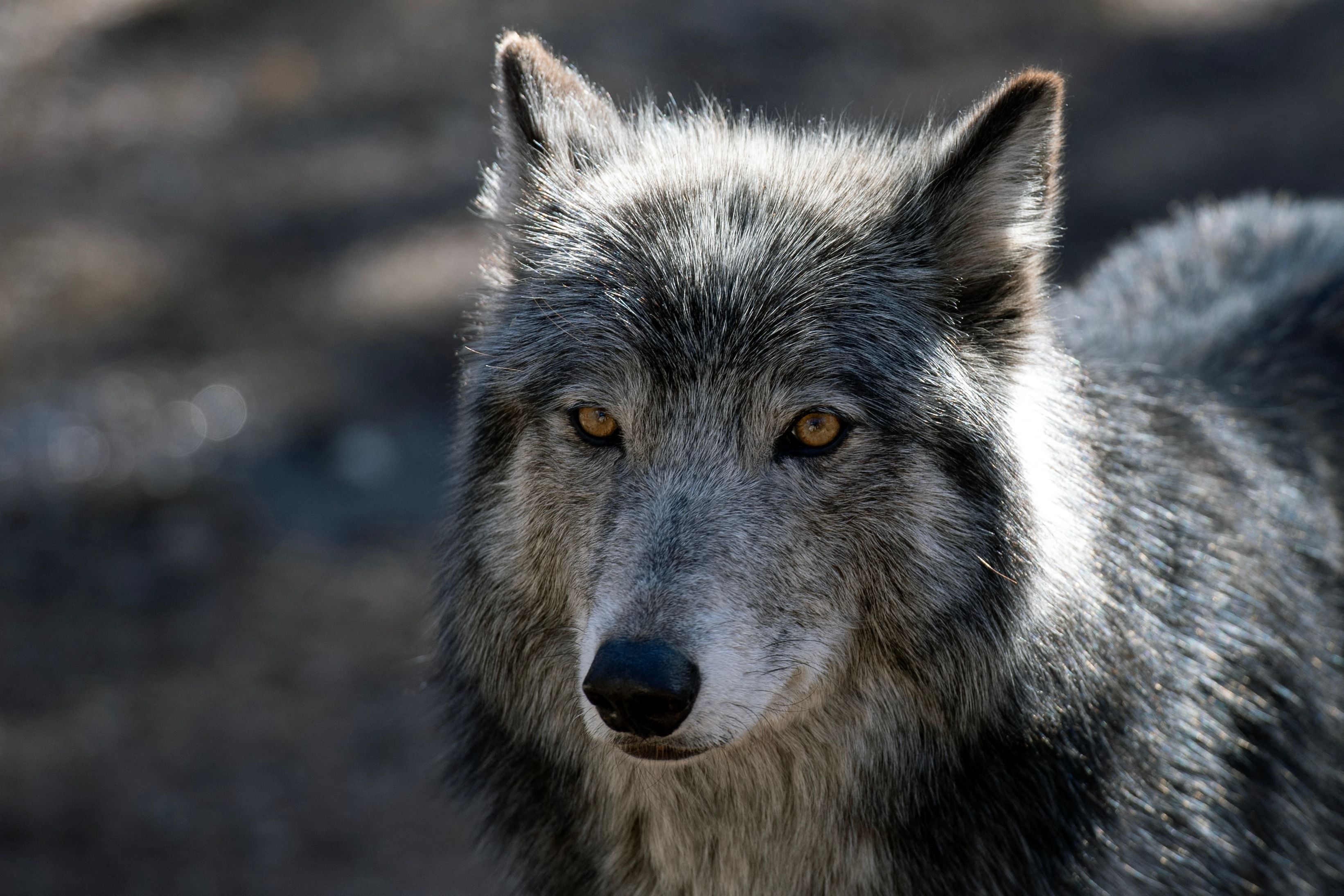A hunter thought he’d caught an 84-pound coyote – but DNA tests revealed a surprise
The discovery has sparked an investigation into the animal’s presence in the Lower Peninsula

In January, a hunter in Michigan thought he had caught a coyote weighing double the animal’s normal maximum, but instead, the large animal turned out to be something a little unexpected.
The man was on a legal coyote hunt in Calhoun County, east of Lake Michigan when he “harvested” the animal weighing 84 pounds, or 38 kilograms.
Normally, the animals weigh between 25 and 40 pounds, so a series of genetic tests were ordered, according to the state’s Department of Natural Resources.
On Wednesday, the department announced that those tests showed the animal was, in fact, a gray wolf.
"This is an unusual case, and the DNR is actively delving into the matter to learn more about this particular animal’s origin," Brian Roell, large carnivore specialist for the DNR, said in a press release.
"While rare, instances of wolves traversing vast distances have been documented, including signs of wolves in recent decades in Michigan’s Lower Peninsula.”
It is extremely rare for gray wolves to make it this far south, usually being spotted in the state’s Upper Peninsula - the area north and northwest of Lake Michigan.
The species has not been widely sighted in the Lower Peninsula since the early part of the 20th century.
The last official survey of track marks in 2019 showed no evidence of wolves in that part of Michigan, with the next check-up due next year.
In its update, the DNR said that the public does not need to be concerned about the broader presence of wolves in the area, adding that it does not believe the killed animal was part of a wider population there.
Wolves in the state are counted as a federal endangered species, although the population has continued to grow in recent years.
The last report showed somewhere around 695 wolves present in the Upper Peninsula in 2020.
Wolves can only be legally killed if they are a “direct and immediate threat to human life”, the DNR says, while livestock owners are compensated for any losses due to wolf activity.
Subscribe to Independent Premium to bookmark this article
Want to bookmark your favourite articles and stories to read or reference later? Start your Independent Premium subscription today.

Join our commenting forum
Join thought-provoking conversations, follow other Independent readers and see their replies